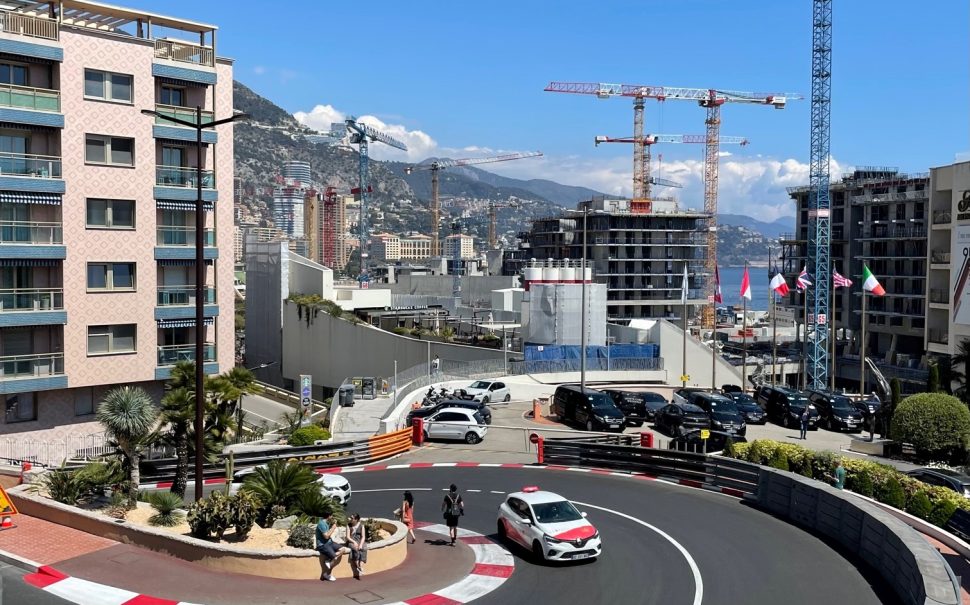Environmental scientists are calling on the motorsport industry to do more to help tackle climate change.
Each season of Formula 1 produces 256,000 tonnes of carbon dioxide which is the same as about 128,000 people in a year, according to a report produced by the sport.
Exhaust fumes from the industry also contribute towards air pollution, which negatively impacts the environment and our health.
Climate scientist, Chloe Brimicombe said: ”There is potential that the sporting industry can help lead the charge.
“Large corporations and the government should be listening to science and putting in place action.”
Changes are being made in the motorsport industry to reduce harmful emissions, with more drivers and manufacturers also making more sustainable decisions.
Earlier this year Porsche made new movements concerning synthetic fuels by making a huge investment in a company building a plant that will produce fuels that enable ‘nearly’ CO2-neutral operation of combustion engine.
British touring car driver Dan Cammish said: “What Porsche is doing with sustainable fuel and using synthetic petrol will play a huge part in the sustainable future of the sport.”
However Cammish outlines how important it is not to lose the essence of what the sport is about.
He added: “If we go too far down the technological route, we could end up removing the driver altogether.”
With the surge of sustainable motor sports such as Formula E and Extreme E there is a chance the motorsport industry can positively drive change amongst the sporting industry.
In 2014 electric street racing series Formula E was born with the founding mission to showcase what sustainable vehicles were capable of on the world stage.
Mathew Towndrow, editor at Formula E, outlined the key reasons that electric powered vehicles are the way forward.
He said: “Why does the world need a paddock full of cars being transported around the world on planes, to then drive around tracks burning fuel – all while there’s increasing concern over the climate crisis?
“Since day one, the championship was created to promote electric vehicles as a greener choice to combustion engines.
“As a result, the championship is slowly converting a lot of petrolheads into fans of the sport and thinking differently about their next consumer vehicle choice.
“It’s not just the cars themselves that impact the environment, onsite productions can be made sustainable too.
“As well as having water refill taps on site, Extreme E banned single use plastics being used at each race which has avoided the use of roughly 75,000 plastic bottles in a season.”
Onsite sustainable production alongside reducing emissions in the atmosphere can contribute positively towards climate change and continued engagement in the topic from across the motorsport industry will make a difference.





